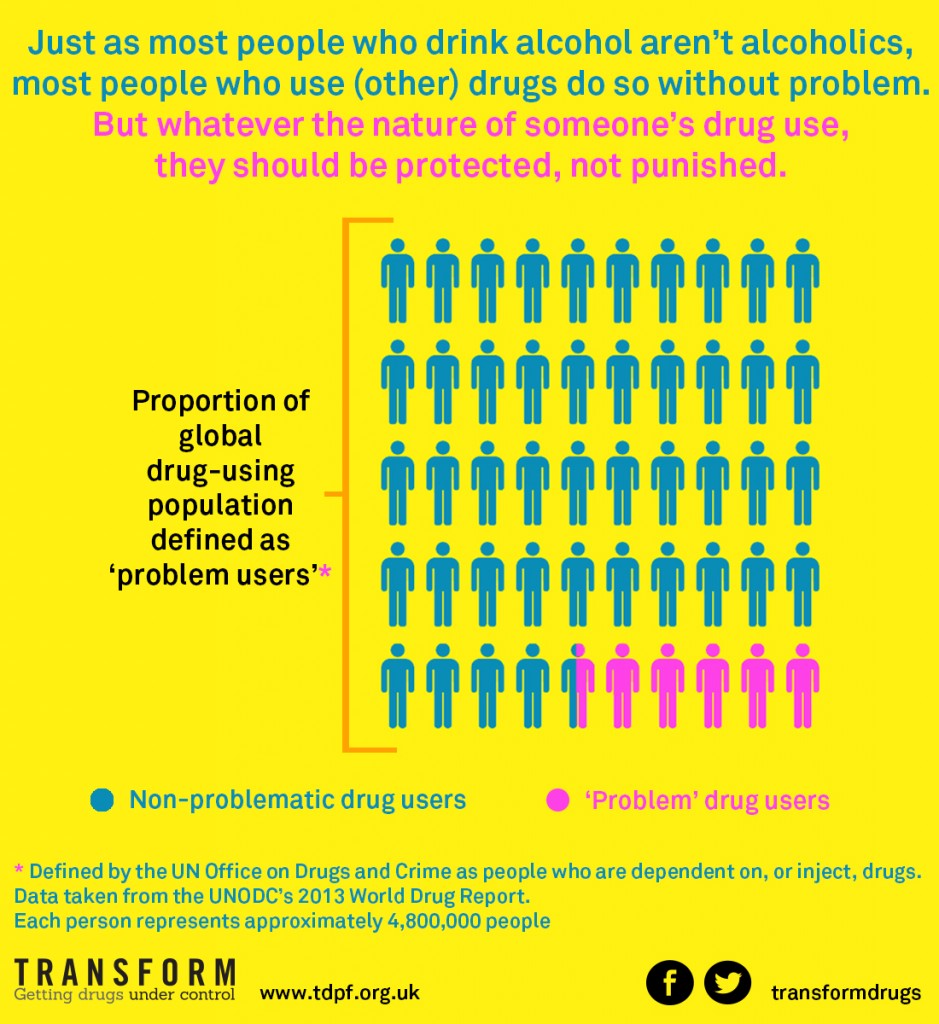There is a sense of fear we feel when we hear people using the word ‘Addict’.
As children we are taught to mind our own behaviour and stay away from those that don’t. If we are caught doing something ‘naughty’ at school, we are scolded or punished until we learn not to do it. As we grow older we worry less about our own bad behaviour, however what remains the same is a firmly rooted sense that there is right and wrong behaviour and those who act out should still be met with a consequence as we did in our childhoods.
There is a sympathy we feel when we hear people using the word ‘illness’.
Illness is a word easily translated and understood in any language. When someone is sick our sense of humanity takes over, we console and comfort in the hope that even our smallest efforts will make a person feel slightly better. No one is blamed for suffering from an illness.
Problem drug use is an epidemic in both Ireland and the UK. We hear this line repeatedly from Politicians, in the media and use it ourselves in our own discussion.
But surely it cannot be an epidemic without it also being a illness?
We cannot have a discussion about changing drug policy without first changing the language we use when talking about problem drug users. Walking through the streets of Dublin drugs are staring us in the face. Whether we chose to recognise it or not, drug use is everywhere. It is no longer something we can leave for other people to discuss, medical drug use, club drug use and problem drug use are all cross-over issues that coexist alongside us in society.

Our Editor on a walking tour of heroin use hotspots in Dublin with Tony Duffin
Drug use is an issue that isn’t going away. We are happy to talk about issues surrounding homelessness, overflowing outpatients and government spending, but we fail to see the link between these issues and that of drug use. Our governments pour money into criminalising people who they deem as suffering from problematic drug use. They are happy to invest in punishing people for crimes that are direct consequences of an illness that we all feed by holding on to outdated assumptions and attitudes towards drug users.
We cannot keep on covering a wound that is not healing with a band-aid, we need to invest in treating this illness rather then punishing those who display symptoms, and tackle the underlying social problems that lie at the root cause. It is important for us not to lose sight of the individual in our debates and discussion surrounding drug reform policies. Problem drug users are not a collective group to be feared but individual people with individual stories. Drug use is a topic many of us feel uncomfortable addressing, we struggle over what language to use when really we need to keep addressing the problem on a human level. Drug use is something we often associate with being very removed from our every day lives. However, as we have seen so many times over the past few years, drug use is everywhere and without correct information, legislation and adequate services, we will continue to see potentially devastating consequences of problem drug use in our society.

Only around 11% of people who use drugs are problem users (Source: Transform)
With a change in government in Ireland after their recent general election we need to address problem drug use as the social and medical issue it is. Whoever we voted for, we all voted for a healthy Ireland that we can see thriving and feel safe in.
Problem drug is an issue we cannot ignore. It is a health issue. An education issue. A housing issue.
Problem drug use is not always pretty, but what societal wrong or illness is? The call, for a change in drug policy that is well overdue, is a worthy one, but while fighting for a change in legislation we also have to change our own attitudes. We have to change the words we use when discussing these issues. We can either continue to do as we did as children, and judge others for events they have little control over, or try to shift the way we think.
Problem drug use is both a product of complex social factors and an illness. We need to find a way of supporting rather than condemning.
Róisín Davis is a mental health writer and broadcaster
